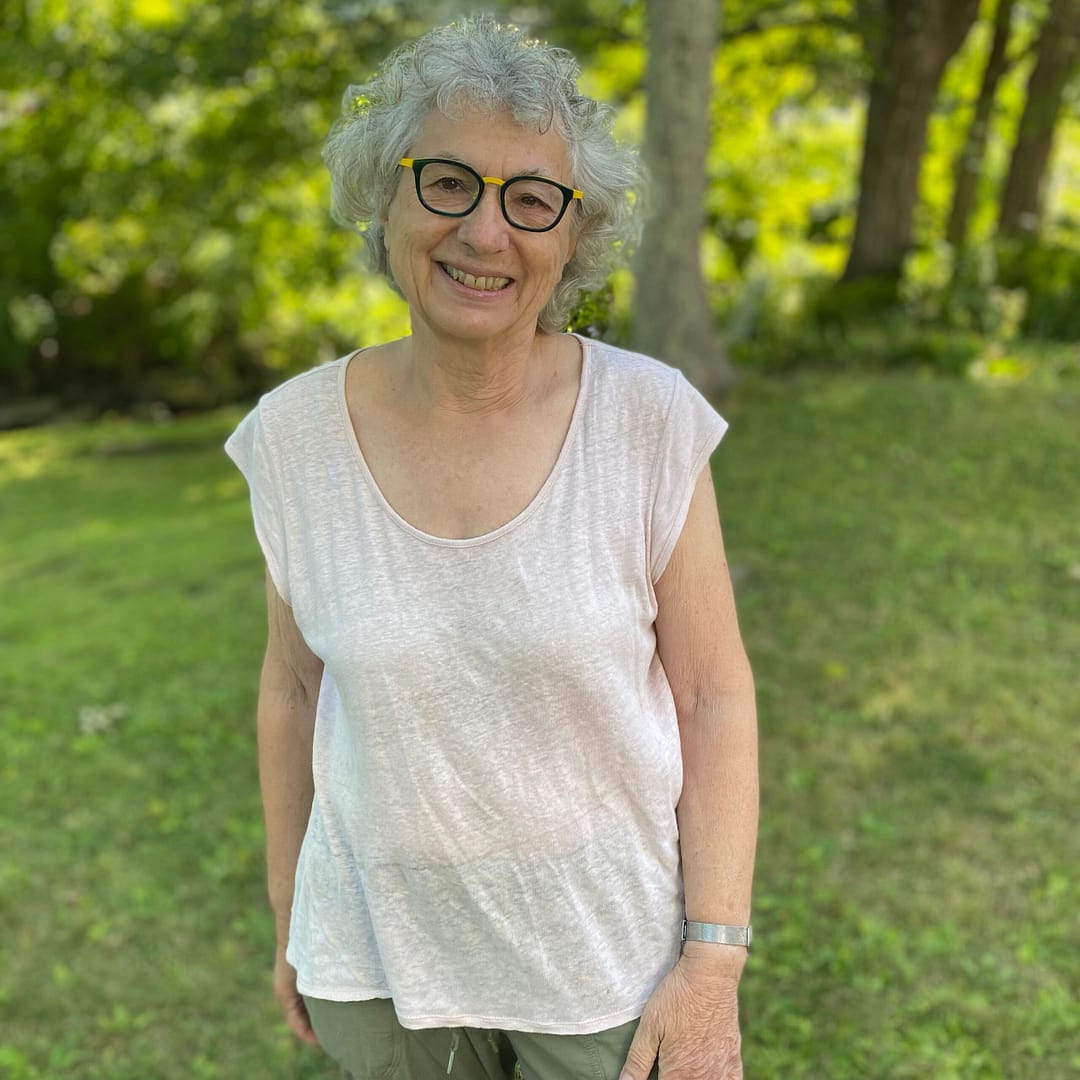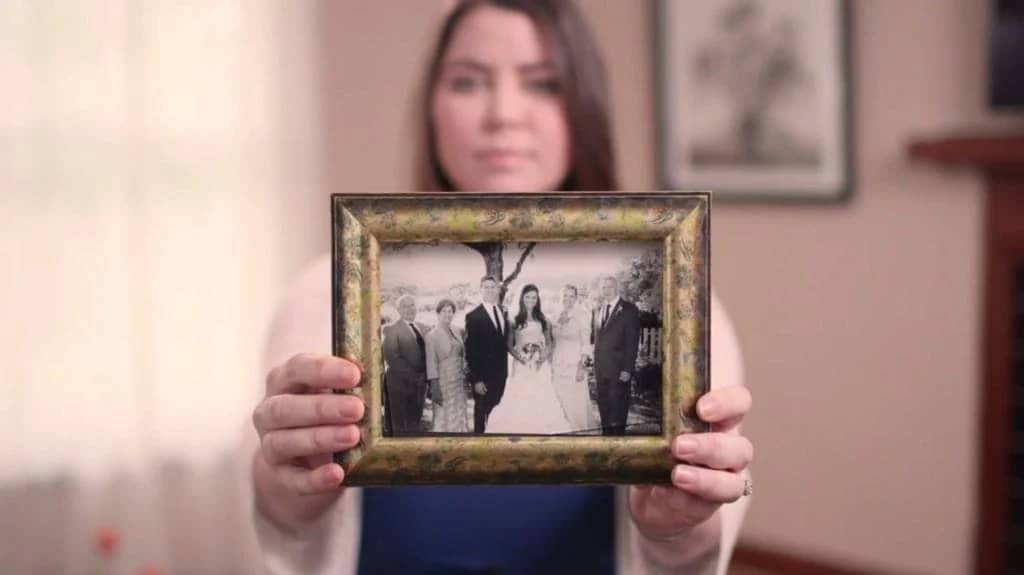
Lise shared her story in November of 2022.
I have been a longtime supporter of medical aid in dying, but last year the importance of having a choice to end terminal disease suffering went from the theoretical to the personal.
My husband, Bill Kaplan, and I met in 1966 while attending college right outside of Chicago. We both volunteered as tutors, and while waiting at a bus stop after tutoring, I approached Bill and started talking to him. I was normally very shy and had never done anything like that before. I’m grateful I did. We married three years later in 1969 and spent 52 adventurous and wonderful years together.
Bill was a Renaissance man — he was a teacher, poet, philosopher, musician, artist and welcomed any challenge to build or fix something, and ran half-marathons into his 70s. Whatever he did, he made friends along the way and always came back with a story. He was a loving husband, great friend and wonderful father who had a talent for connecting with children. As an educator, he had a fascination for how children thought; he would kneel down to their level to communicate with them.
Aside from being a man of many skills, passions and abilities, Bill was also a surprise to people. Born to American parents but raised in Mexico City, where he always loved to travel to as an adult, Bill would strike up conversations with people in Spanish, and they always did a double take because he spoke so fluently. As a musician, Bill had an ear for music and could play anything on the piano by just having listened to it. It was a form of meditation for him. When he retired, he started playing bluegrass guitar and joined a band, where he found creative camaraderie.
In 2019, Bill was diagnosed with pancreatic cancer after seeking medical attention for back pain and heartburn. Fortunately his doctor was a good diagnostician and homed in on the combination of symptoms Bill was experiencing. That early diagnosis meant that Bill had more time with us than most people do after a diagnosis of pancreatic cancer, a highly aggressive disease.
While the treatments he received during the first year after his diagnosis gave him a good quality of life, during his second year he experienced increasing pain. During the last three months of his life, the medications could not keep up with his unrelenting pain which had become excruciating. If you have ever seen someone you love suffer unimaginable pain, then you know the feeling of helplessness watching them in agony.
Thus began our frustrating journey in and out of the ER in the middle of the night, lying in the hallway waiting for a hospital bed to become available and relief to come from IV pain meds. While the IV medications would help, Bill couldn’t return home on IVs, so the palliative care cancer team worked to find the right formula of oral meds in order to send him home.
The oral opioids would work for a few days or a week maybe, then we were back to the ER when his pain broke through and the oral narcotics could no longer control his suffering. It was an awful experience every time, and Bill would say, “I can’t do this. This is not living.” The pain was so horrible. Up until then, he had tolerated it; he said he was never without pain, but before it had been manageable.
This went on until it was decided to admit him to Connecticut Hospice once the doctor said, “His pain will only get worse.” All Bill and we, his family, had to look forward to was excruciating pain or IV meds that knocked him out. This was not living but rather cruel punishment for someone who was a kind, giving, moral and loving man
To make matters worse, under Medicare rules he was not allowed to stay in a hospice facility until we could prove he could not be cared for at home. So he was discharged, and after a day and a half, his pain recurred with a vengeance that turned the experience into a nightmare. Finally, once the hospice nurse came and determined that oral medications would no longer work, he was taken at 2 a.m. by ambulance back to hospice, where he was put into a deep sleep. Five days later he died in what we hope was comfort and peace — but he never seemed relaxed and free of pain. Hospice itself and the care they provide serves a great purpose, but it’s not the complete answer. Not everyone’s terminal suffering can be managed.
What a blessing it would have been for Bill to know, while he was of sound mind, that he could have chosen medical aid in dying. He knew he faced more horrific pain that would need stronger and stronger narcotics to manage until he would be incapacitated. Rather, he could have died at home with his family surrounding him, giving him the comfort of our love.
We would have been relieved that he was at peace and been able to surround him with our love and goodbyes. Instead, we live with the trauma of witnessing his last few weeks as his abilities diminished and his pain escalated to intolerable levels, wondering why anyone is forced to suffer in such an inhumane way.

Nothing advances our common cause of improving end-of-life care like real stories. Inspire others and drive change by sharing your story today.
Mail contributions directly to:
Compassion & Choices Gift Processing Center
PO Box 485
Etna, NH 03750